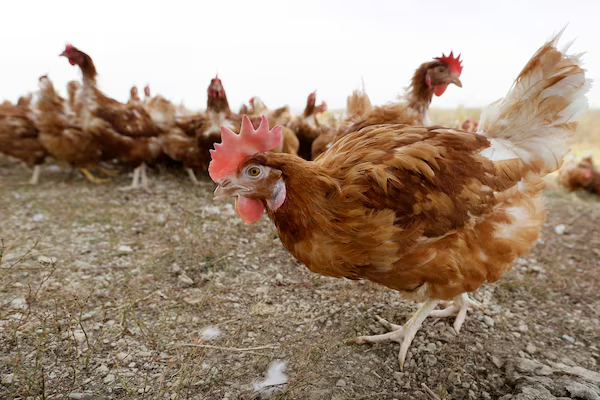Featured
article
- Get link
- X
- Other Apps
China Retaliates Against U.S. Tariffs with Agricultural Countermeasures

In a significant escalation of trade tensions, China has announced retaliatory tariffs on a range of U.S. agricultural products. This move comes in response to the United States' decision to increase tariffs on Chinese imports. The newly imposed Chinese tariffs, set to take effect on March 10, will target key American exports, including soybeans, pork, beef, and poultry, with additional duties ranging from 10% to 15%.
The agricultural sector, a cornerstone of U.S. exports to China, is expected to feel the brunt of these measures. Soybeans, the largest U.S. agricultural export to China, will face a 10% tariff, potentially disrupting a trade flow valued at nearly $13 billion annually. Other affected products include wheat, corn, cotton, and various dairy and seafood items.
China's actions highlight its strategic approach to diversifying its agricultural imports, with increased reliance on suppliers from South America and other regions. This development underscores the growing economic friction between the world's two largest economies, with both sides showing no signs of backing down.
Popular Posts
Trump's Six Words: "I'm Going to Stop the Wars"
- Get link
- X
- Other Apps
Smart Savings for a Sharp School Start: Canadian Parents’ 2025 Guide
- Get link
- X
- Other Apps



Comments
Post a Comment